Question And Answer
Publications
Articles, publications, books, tools and multimedia features from the U.S. Institute of Peace provide the latest news, analysis, research findings, practitioner guides and reports, all related to the conflict zones and issues that are at the center of the Institute’s work to prevent and reduce violent conflict.
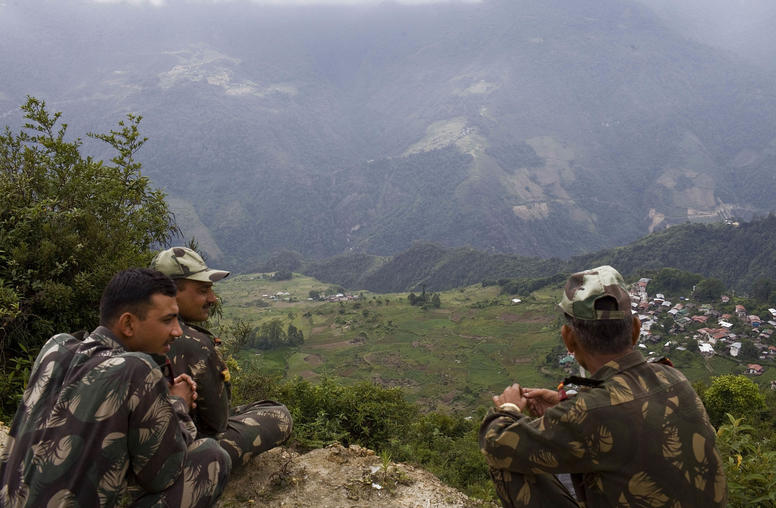
Why We Should All Worry About the China-India Border Dispute
The December 2022 clash between Chinese and Indian troops along the two countries’ 2,100-mile-long contested border — known as the Line of Actual Control (LAC) — highlights a worrying “one step forward, two steps back” trend. This brawl was the worst since 2020, when fighting in the Galwan Valley took the lives of 20 Indian and at least four Chinese soldiers. Although these clashes are often followed by dialogue and other steps to reduce tensions, both sides have increasingly militarized their border policies and shown no indication of backing down. And the situation on the border remains tense, as Beijing and New Delhi are hardening their positions on either side of the LAC, with the potential for escalation between the two nuclear-armed powers.
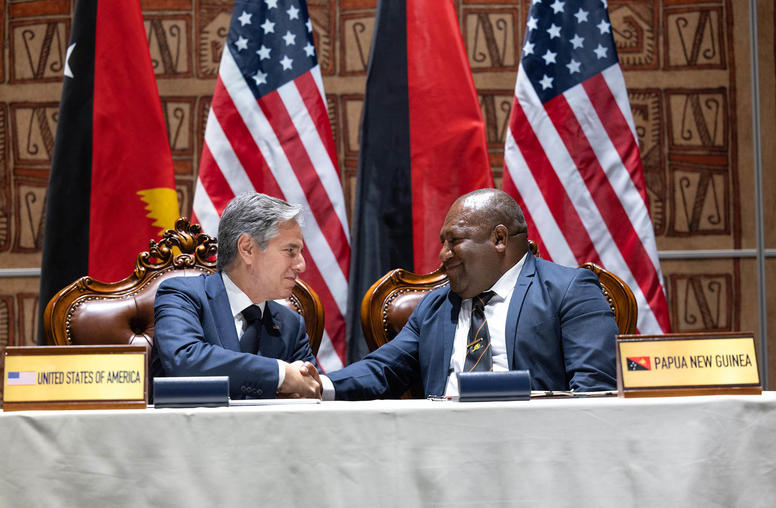
U.S. Strengthens Ties with Key Pacific Island Partners
The United States notched multiple diplomatic wins in the Pacific Islands region last week, making further progress in Washington’s efforts to step up engagement in this oft-neglected part of the world. In a move closely watched by Pacific nations, the United States signed deals to renew its economic assistance to Palau and the Federated States of Micronesia for the next 20 years. Meanwhile, although President Biden had to cancel his planned visit to Papua New Guinea, Secretary of State Antony Blinken inked a defense cooperation deal with the island nation in the president’s stead. While the region has become another arena for U.S.-China competition, Washington has long-standing relationships and interests there that go well beyond its rivalry with Beijing.
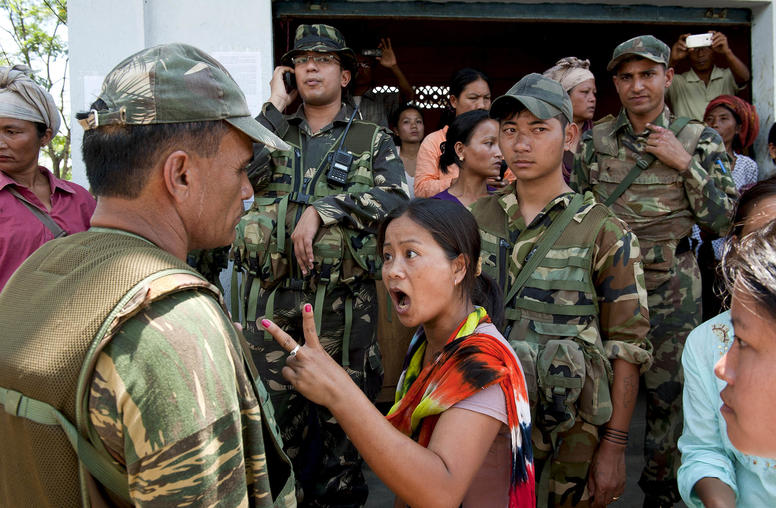
Understanding India’s Manipur Conflict and Its Geopolitical Implications
Since May 3, the northeastern Indian state of Manipur has witnessed repeated inter-ethnic clashes primarily between two local ethnic communities, the Meitei and Kuki. The violence has resulted in over 75 deaths and the burning of at least 1,700 buildings (including homes and religious sites). More than 35,000 people are currently displaced as well, with many now living in one of the 315 relief camps in the state. As the fighting continues, these numbers may also be rising.
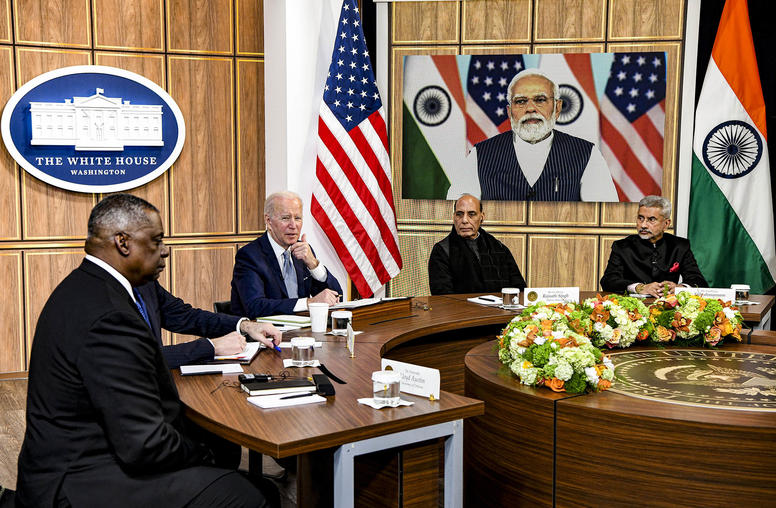
A Big Step Forward in U.S.-India Defense Ties
U.S. Defense Secretary Lloyd Austin’s arrival in New Delhi on Sunday comes at a critical moment, just two weeks before Prime Minister Narendra Modi’s State visit to Washington, DC. As with any ministerial visit, the secretary and his counterpart, Defense Minister Rajnath Singh, will take stock of recent successes and coming opportunities. They will discuss possible deliverables for the upcoming Biden-Modi summit. But the visit will be a true success if they dig into discussions of the kind of reciprocal expectations that can take the U.S.-India defense partnership to new heights.
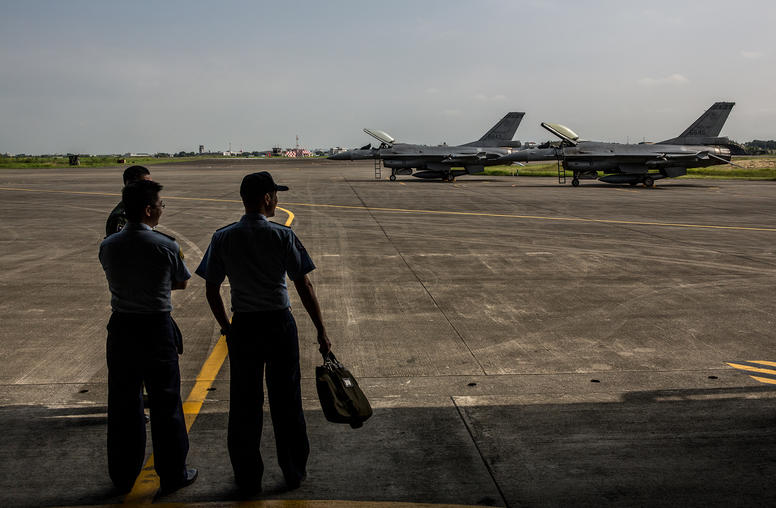
Three Takeaways on U.S.-China Relations After the Shangri-La Summit
Defense ministers from around the world gathered in Singapore last weekend for the annual Shangri-La Dialogue, a forum for discussing security challenges in Asia and an opportunity for high-ranking security officials to engage in bilateral talks. However, U.S. Secretary of Defense Lloyd Austin did not meet with his Chinese counterpart, Li Shangfu. Beijing suspended formal military-to-military meetings last August following then-Speaker of the House Nancy Pelosi’s visit to Taiwan. Since then, U.S.-China tensions have only ratcheted up, particularly following revelations this February that a Chinese surveillance balloon was hovering over U.S. territory.
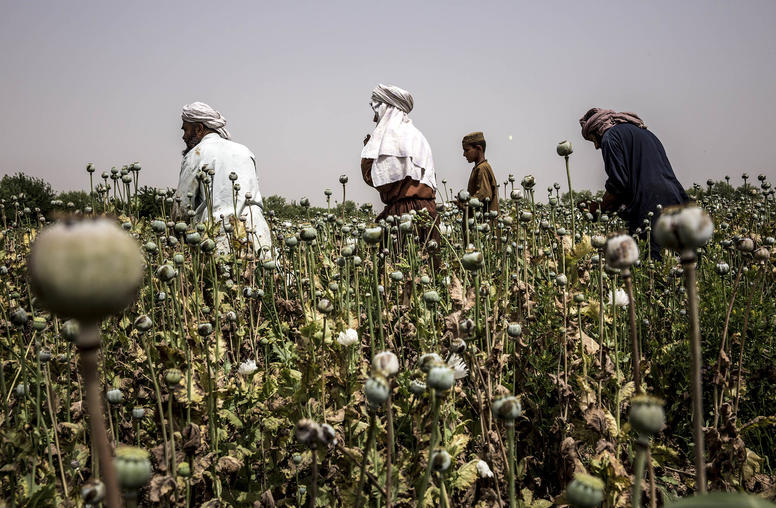
The Taliban’s Successful Opium Ban is Bad for Afghans and the World
The Taliban have done it again: implementing a nearly complete ban against cultivation of opium poppy — Afghanistan’s most important agricultural product — repeating their similarly successful 2000-2001 prohibition on the crop. But the temptation to view the current ban in an overly positive light — as an important global counter-narcotics victory — must be avoided. This is particularly true given the state of Afghanistan’s economy and the country’s humanitarian situation. Indeed, the ban imposes huge economic and humanitarian costs on Afghans and it is likely to further stimulate an outflow of refugees. It may even result in internal challenges for the Taliban itself. And, in the long run, it will not have lasting counter-narcotics benefits within Afghanistan or globally.
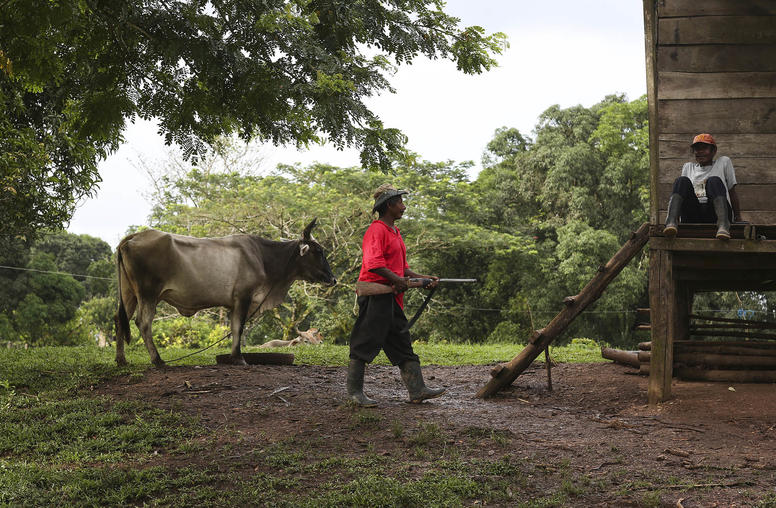
Earth’s best defenders are Indigenous. They pay a price: violence.
Little noted by the world, warfare in India’s northeastern state of Manipur this spring has killed hundreds of Indigenous people and uprooted more than 35,000 residents. This violence along the India-Myanmar border fits a global pattern, also little noted: For decades, some 80 percent of human conflicts have smoldered in the “biodiversity hotspots” where our planet’s flora and fauna are most threatened by battles for resources and wealth — and where Indigenous peoples suffer the violence while protecting humanity’s common ecological heritage. We should strengthen the world’s inadequate public attention and policies on this crisis, and 2023 offers a chance to do so.
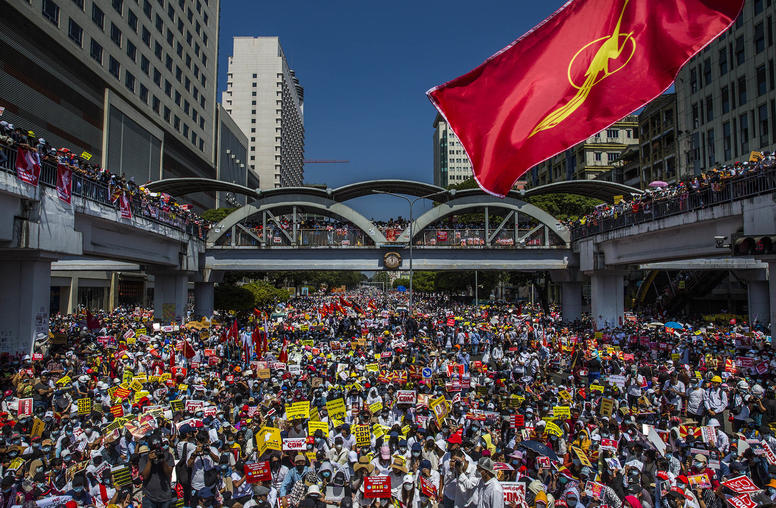
Like Ukraine, Myanmar Deserves International Aid
Over decades of brutal military rule, Myanmar’s generals have sometimes shifted tactics but relied on one consistent strategy to ensure their grip on power — fomenting divisions within the population and fueling intercommunal violence. That repeated ploy finally failed in the upheaval that followed the 2021 coup. Today, the country has embraced an historic unity that brings together virtually every ethnic and political strand to oppose the ruling junta. Like Ukrainians, Myanmar's people are courageous, spirited and united, and willing to make great sacrifice in their fight for democracy.
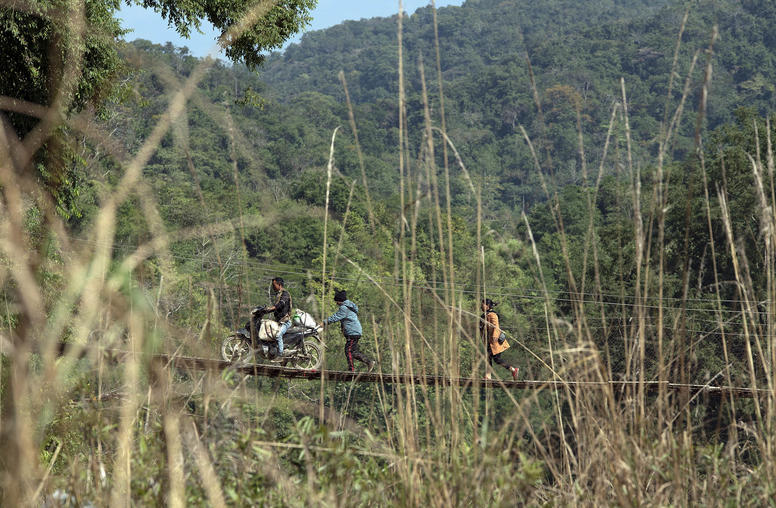
Time is Running Out for India’s Balancing Act on the Myanmar Border
India has had a simmering crisis on its northeastern border since the Myanmar military’s February 2021 coup d’état. Over 50,000 civilians have fled across the border from Myanmar’s Chin State and Sagaing Region into India’s northeast. New Delhi has maintained a delicate balancing act, allowing refugees into the country but refraining from political pressure on the junta and its State Administrative Council (SAC). However, as the situation in Myanmar continues to worsen, India will need to rethink its position before the fallout seriously threatens its interests.
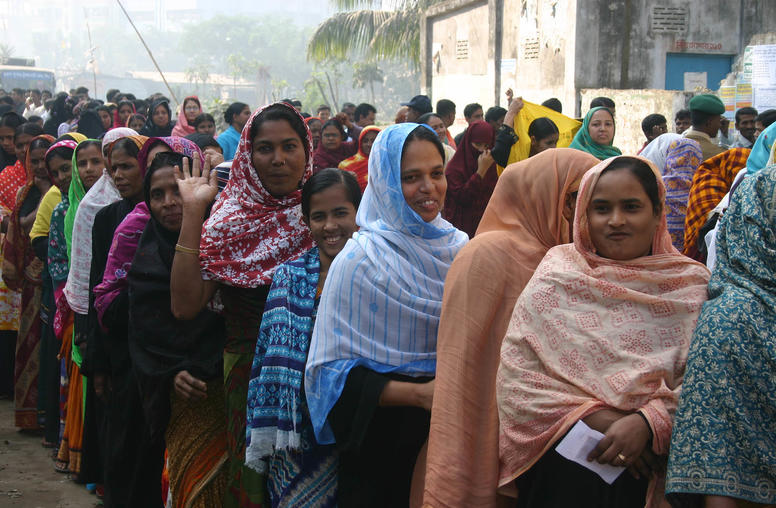
Three Things to Watch as Bangladesh’s National Election Season Heats Up
Bangladesh is increasingly recognized as an important player in Indo-Pacific competition, but its tumultuous domestic politics are now drawing attention with parliamentary elections due by January 2024. Economic crisis and opposition mobilization threaten to unseat the ruling Awami League (AL), which faces escalating American pressure to prove its democratic credentials after 15 years in power. The primary opposition party, the Bangladesh Nationalist Party (BNP), is currently boycotting the next national contest until Bangladesh’s election administration is reformed. On the streets, violence is rising between and within parties while voter disillusion has grown amid years of political intransigence.